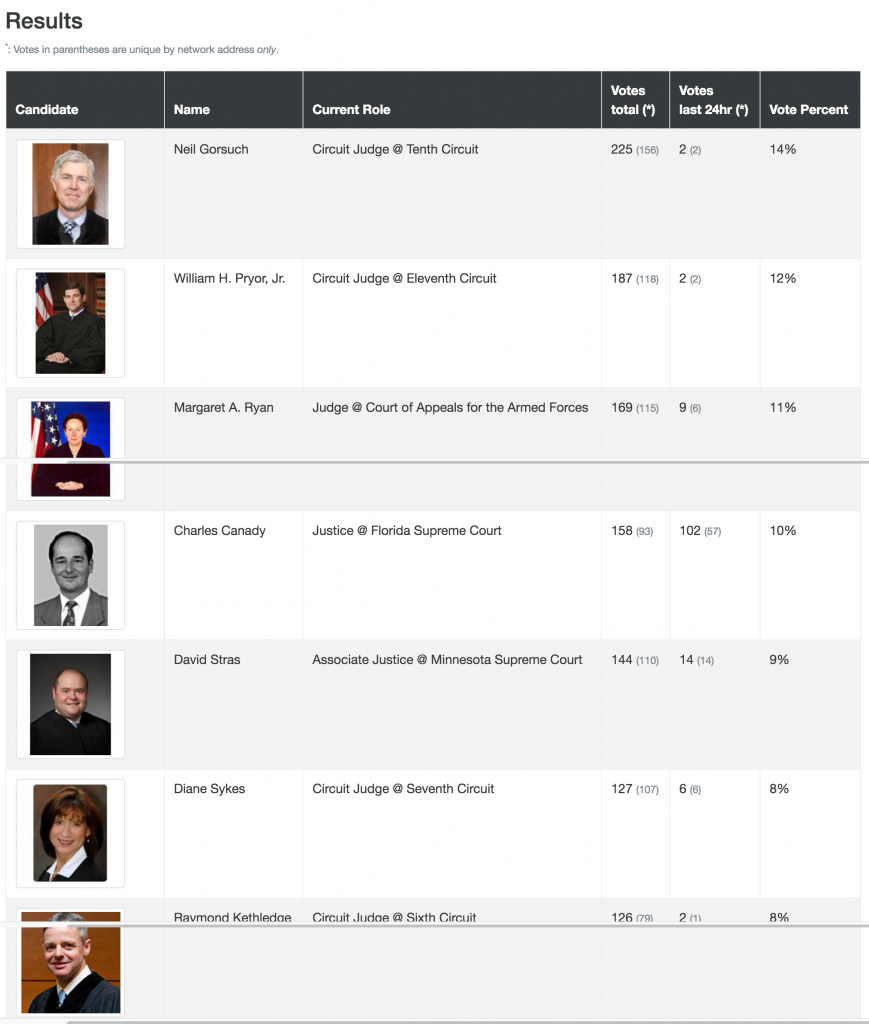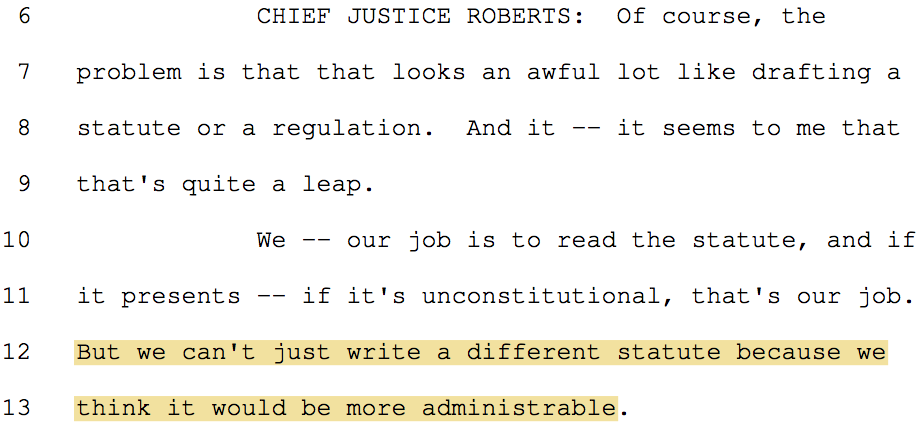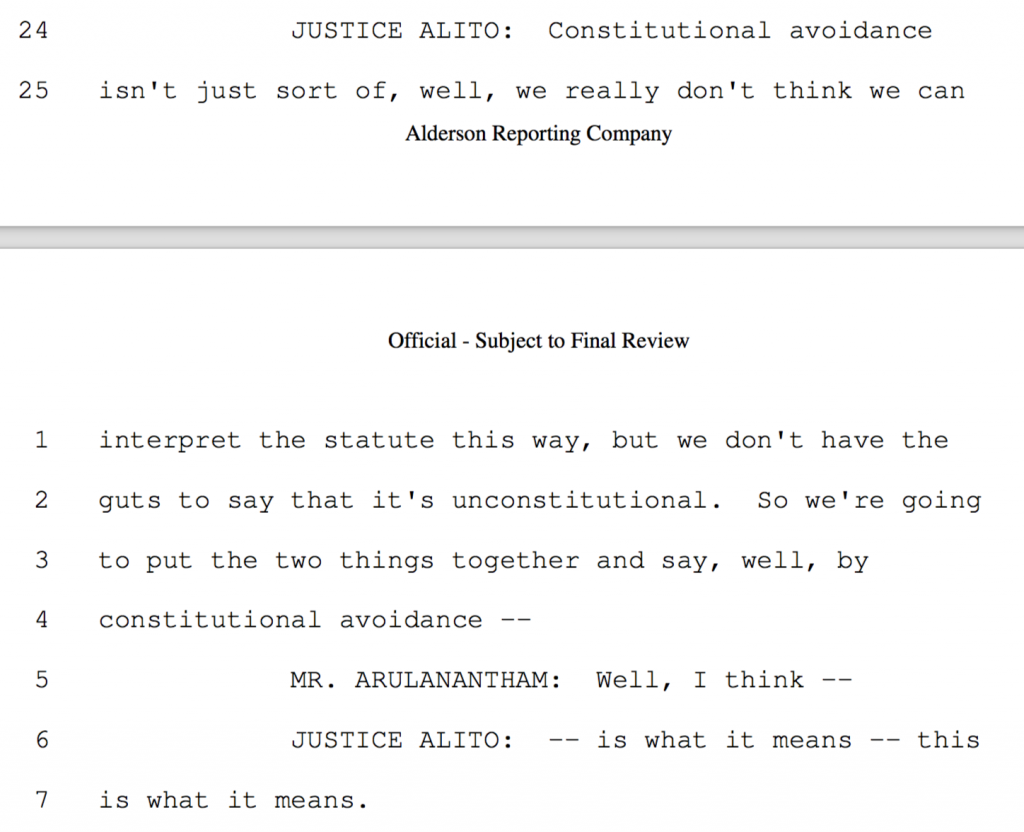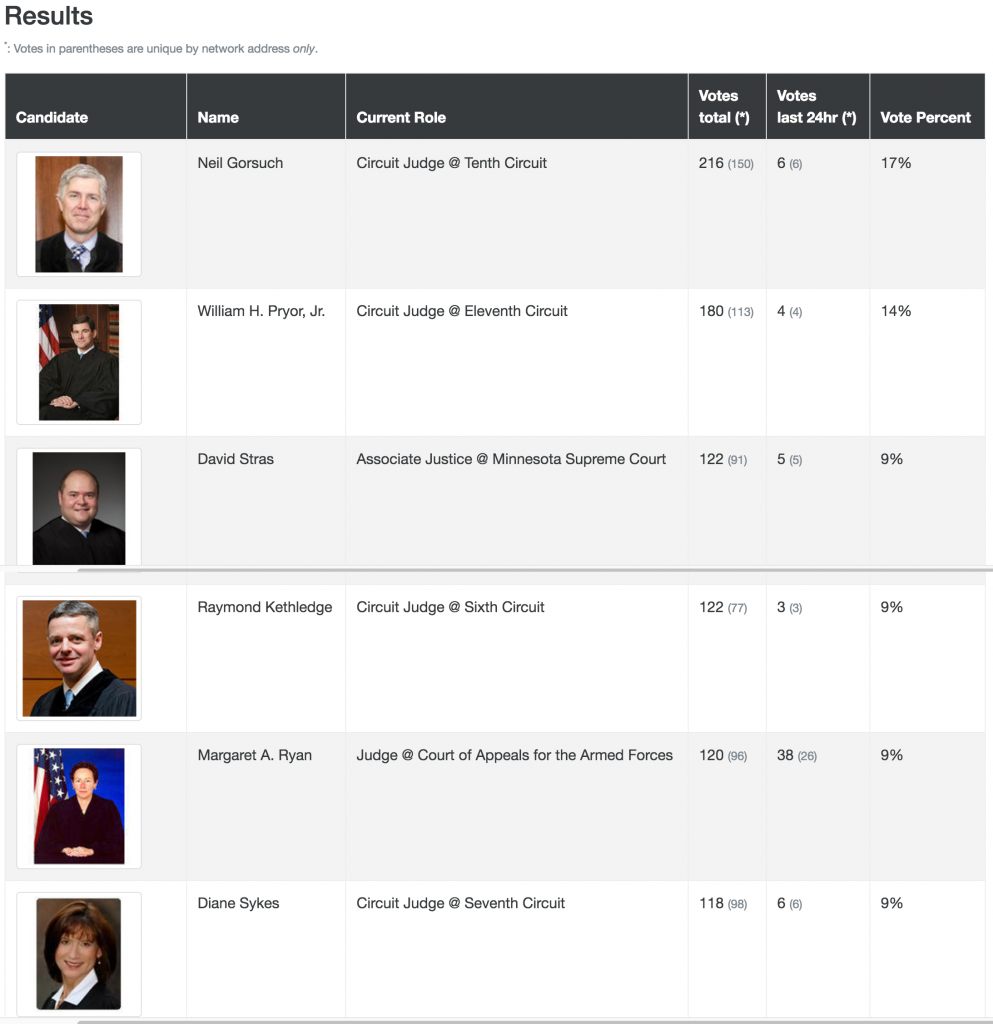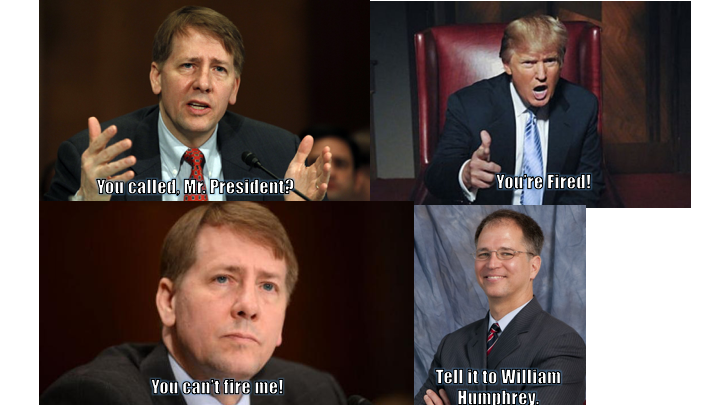One of the earliest efforts of the President to seek the Senate’s “advice” came from none other than George Washington. This stranger-than-fiction account was narrated in the journal of Senator William Maclay of Pennsylvania. On August 22, 1789, President Washington arrived in the Senate Chamber. “He rose and told us bluntly,” Maclay wrote, “that he had called on us for our advice and consent to some propositions respecting the treaty to be held with the Southern Indians.” President Washington’s message was barely heard over the din of the carriages. Senator Robbert Morris of Pennsylvania rose and carped that “the noise of the carriages had been so great that he really could not say that he had heard the body of the paper which had been read, and prayed that it might be read again.” After President Washington’s letter was re-read, Vice President Adam asked, “Do you advice and consent, etc.” Maclay recalled that “there was a dead pause.”
Senator Maclay broke the silence, and asked that the treaty be studied further “to inform ourselves as well as possible on the subject.” Maclay wrote that he “cast an eye at the President of the United States” and “saw he wore an aspect of stern displeasure.” Senator Morris then asked that President Washington’s proposal “be referred to a committee of five.” Senator Pierce Butler of South Carolina objected that “Committees were an improper mode of doing business,” and “it threw business out of the hands of the many into the hands of the few.” Maclay defended the use of committees, and suggested the vote be postponed until Monday, even if it results in “possible inconvenience”
In a scene too remarkable to imagine, President Washington “started up in a violet fret.” In words emphasized in Maclay’s journal, the General barked “This defeats every purpose of my coming here.” Washington had visited the Senate with Secretary of War Henry Knox, who could “give every necessary information.” After Washington “cooled, however, by degrees,” he did not object to a delay until Monday, “but declared he did not understand the matter of commitment” to a committee. Washington then “withdr[e]w” with a “discontented air,” that could be described as “sullen dignity.” Presidential frustration with indecisive congresses is as old as the Republic.
On Monday, the Senate reconvened, with President Washington wearing “a different aspect” from his previous visit. After a “tedious debate,” and several modifications to the treaty, the Senate provided its advice and consent. “This closed the business. The President of the United States withdrew, and the Senate adjourned.”
This passage is adapted from my forthcoming Foreword in the NYU Journal of Law & Liberty, titled “SCOTUS After Scalia.”
